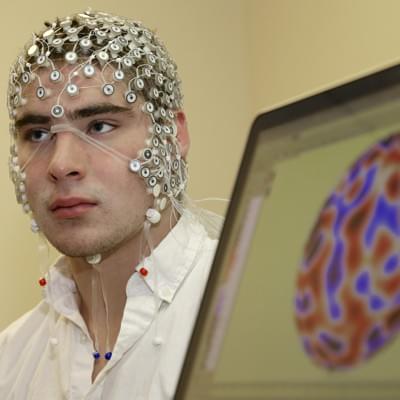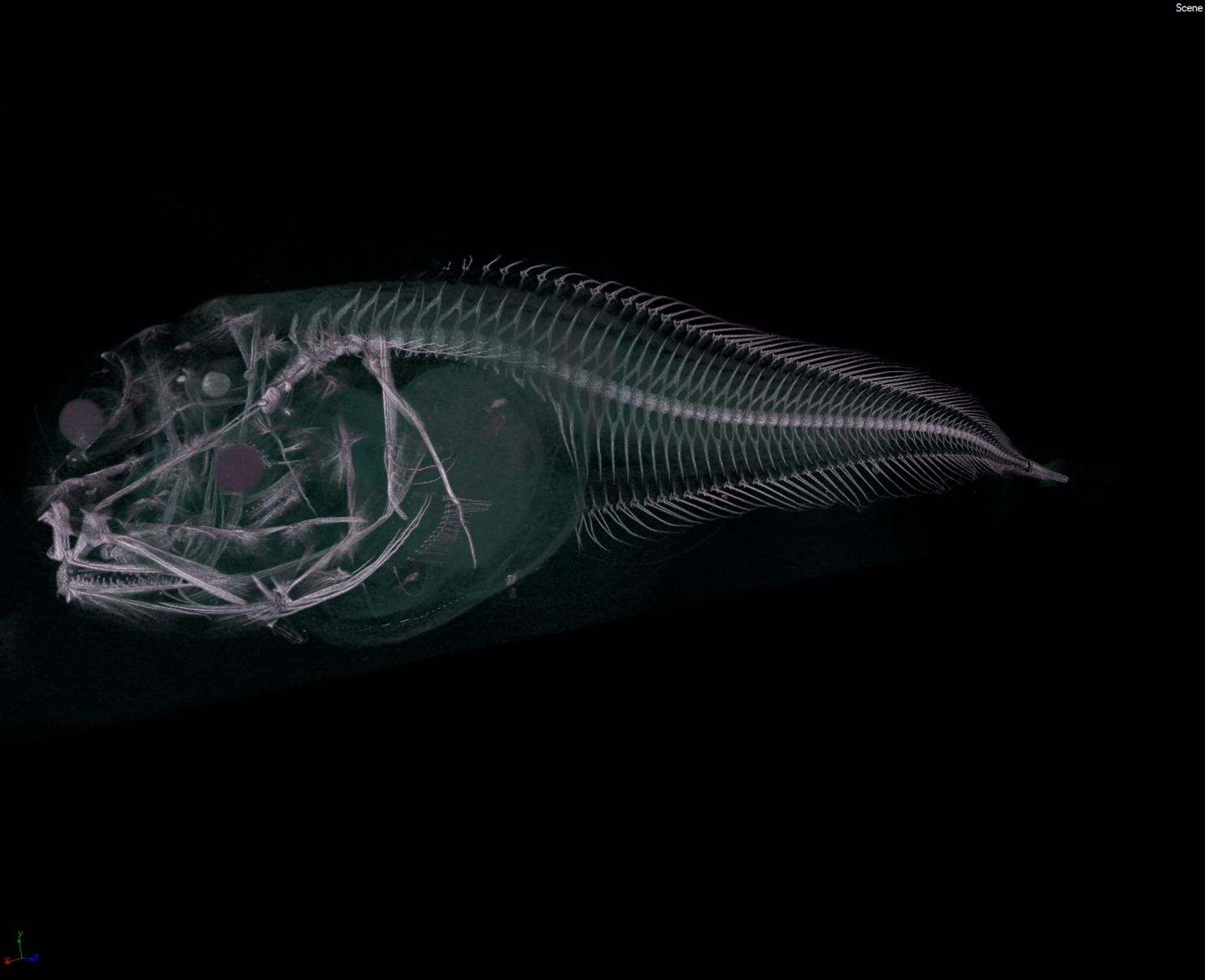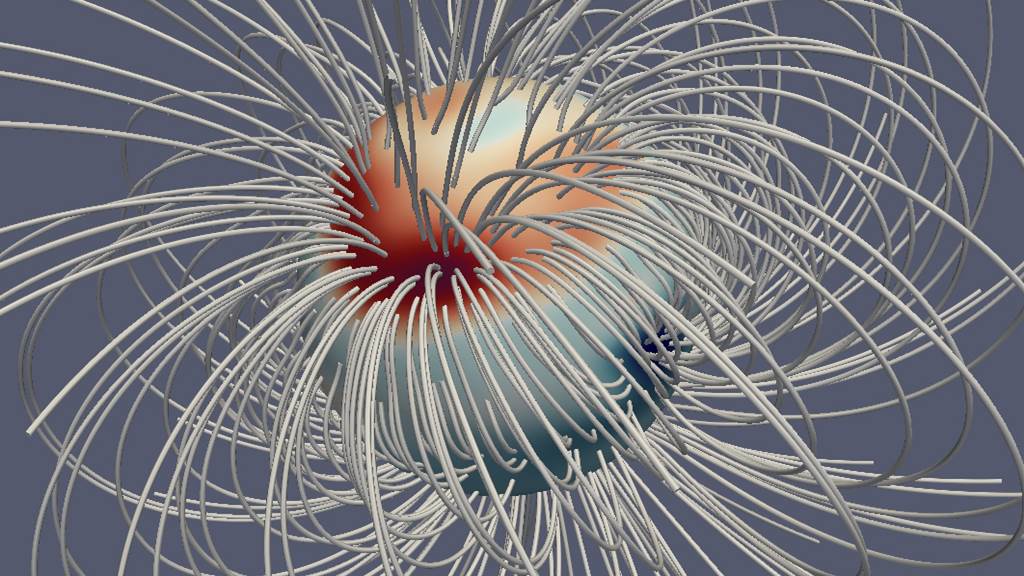These robotic patient simulators are a medical breakthrough that help doctors prepare for real-world experience.
Get the latest international news and world events from around the world.

MIT taught a neural network how to show its work
MIT’s Lincoln Laboratory Intelligence and Decision Technologies Group yesterday unveiled a neural network capable of explaining its reasoning. It’s the latest attack on the black box problem, and a new tool for combating biased AI.
Dubbed the Transparency by Design Network (TbD-net), MIT’s latest machine learning marvel is a neural network designed to answer complex questions about images. The network parses a query by breaking it down into subtasks that are handled by individual modules.



One of the Most Famous Degenerative Diseases Affects the Brain in Previously Unknown Ways
An incurable affliction that gradually destroys a person’s ability to walk, speak, and eventually breathe can also deteriorate the mind, new research suggests. People with amyotrophic lateral sclerosis (ALS) are more likely to have other mental and behavioral health problems than people without the condition, the study found.
ALS, also called Lou Gehrig’s disease, is a progressive neurologic condition that affects some 20,000 Americans at any one time. In ALS, a person’s motor neurons throughout their body and brain steadily die off. These neurons are responsible for helping us carry out voluntary movement.


Graphene enables clock rates in the terahertz range
Graphene — an ultrathin material consisting of a single layer of interlinked carbon atoms — is considered a promising candidate for the nanoelectronics of the future. In theory, it should allow clock rates up to a thousand times faster than today’s silicon-based electronics. Scientists from the Helmholtz Zentrum Dresden-Rossendorf (HZDR) and the University of Duisburg-Essen (UDE), in cooperation with the Max Planck Institute for Polymer Research (MPI-P), have now shown for the first time that graphene can actually convert electronic signals with frequencies in the gigahertz range — which correspond to today’s clock rates — extremely efficiently into signals with several times higher frequency. The researchers present their results in the scientific journal Nature.


How can we do the most good for the world?
Of all the problems facing humanity, which should we focus on solving first?
In a compelling talk about how to make the world better, moral philosopher Will MacAskill provides a framework for answering this question based on the philosophy of “effective altruism” — and shares ideas for taking on three pressing global issues.
Of all the problems facing humanity, which should we focus on solving first? In a compelling talk about how to make the world better, moral philosopher Will MacAskill provides a framework for answering this question based on the philosophy of.
Paywall: The Business of Scholarship Documentary in English and Russian
Today, we want to let you know that the documentary Paywall: The Business of Scholarship is now available in both English and Russian. This is a documentary exploring the crisis in scientific journal publication and the excessive fees that some publishers charge to access knowledge.
Holding scientific knowledge to ransom
Around 70% of scientific publications are hidden behind paywalls, restricting access to knowledge and holding back progress. We believe that this is unfair and that putting profit before the health of others is unacceptable, and this is one reason why we support the concept of open science here at LEAF.